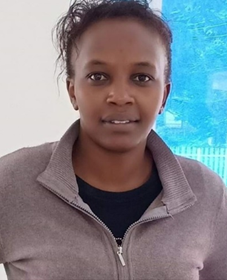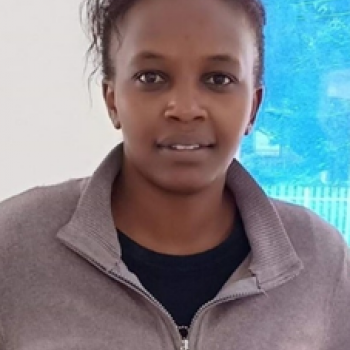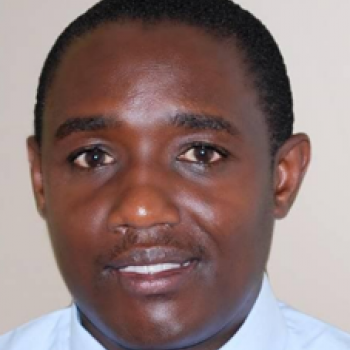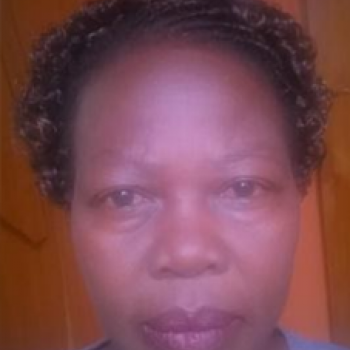Department of Medical Microbiology
Overview / Introduction
The department of Medical Microbiology situated in Siriba, opposite the Maseno University hospital has four academic staff and two technical staff with a well-equipped laboratory purposely for teaching and research.
The department provides training in both theoretical and practical aspects of courses in Medical Microbiology and parasitology including the transmission, pathogenesis, diagnosis, and treatment of pathogens of public health importance, and the host response to this diverse range of pathogens. The medical Microbiology discipline covers bacteriology, virology, and mycology. Parasitology covers the protozoan and metazoan parasites of humans and the vectors which transmit them, while immunology deals with host-agent interactions, between man and infectious agents.
These courses will equip students with skills that will enable them to pursue global health careers in health care facilities and research institutions.
Our Vision:
To provide high-quality training and research in etiology, pathogenesis, and laboratory diagnosis of infectious diseases.
Our Mission:
To contribute to the improvement of clinical care and public health through pursuit of excellence in training and research in the diagnosis, management, and control of infectious diseases.
Quality Objectives
By the end of the course, students should be able to
Demonstrate knowledge of the nature of bacteria, viruses, fungi, and parasites.
Describe the basic criteria used in the classification of these micro-organisms, their modes of transmission, life cycles, mechanisms of microbial pathogenesis, and the outcomes of infections.
Execute a range of basic laboratory diagnostic practicals for bacterial, viral, fungal, and parasitic infections.
Demonstrate knowledge of biology and strategies for control of the vectors and intermediate hosts of human parasites, and basic principles of host immunity to infection against the diverse range of pathogens that affect human populations.
Programs Offered
Medical Microbiology is a service department for the Schools of Medicine and Nursing programmes, where the following courses are taught: Medical Microbiology, Medical Parasitology and Entomology and Basic Immunology and Immunochemistry. All these courses are taught through lecture series; student presentations; tutorials and practical sessions
Medical Microbiology
It is a discipline within the Department of Medical Microbiology taught to undergraduate Medical and Nursing students in their second year of study. The course is subdivided in to Bacteriology taught in semester one, Mycology and Virology taught in semester two. This course aims at equipping the students with knowledge on epidemiology, biology characterization, pathogenesis and laboratory diagnosis of bacteria, fungi and viruses of medical importance.
Medical Parasitology and Entomology
This course is taught to undergraduate Medical and Nursing students in years two and one of their studies respectively. The course covers protozoology, helminthology and entomology subdisciplines. Protozoology and helminthology acquaint the students with knowledge on epidemiology, pathogenesis, laboratory diagnosis, prevention and control of protozoans and helminthes of medical importance. While entomology deals with the study of vectors which transmit these parasites to humans.
Basic Immunology and Immunochemistry
This course enables the students to correlate the components of the immune system and their defense mechanisms, antibody dependent and antibody dependent effector mechanisms against infectious agents and parasitic infestations and the evasion mechanisms of pathogens





